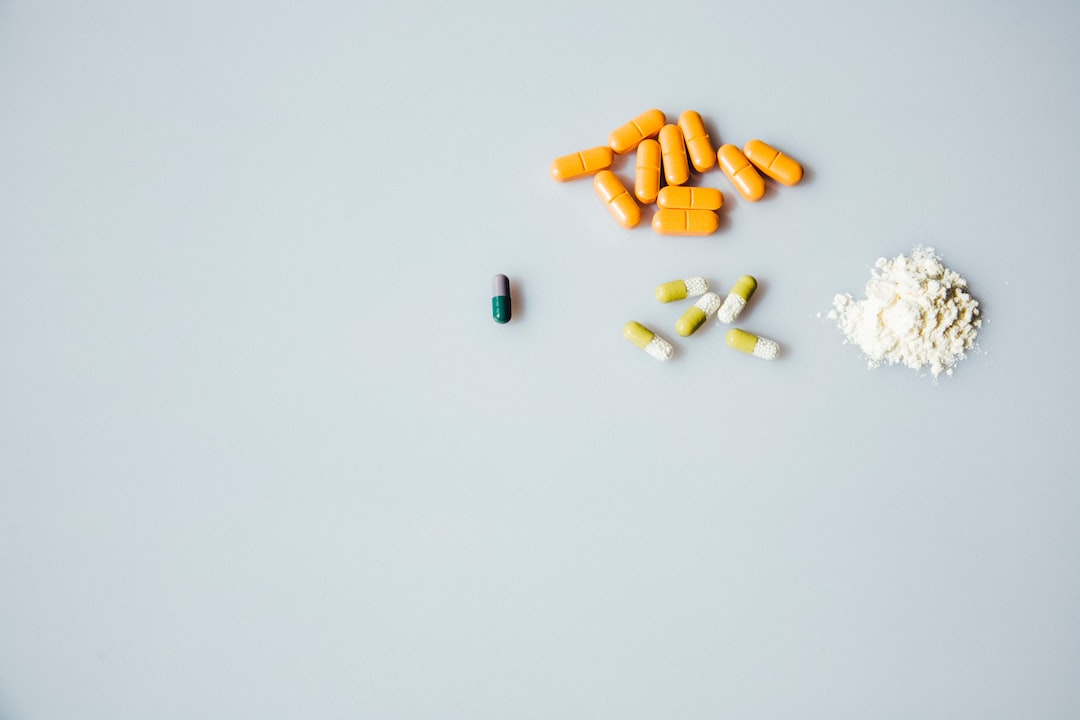A healthy and balanced diet is crucial for everyone, but women have specific nutritional needs that should be addressed to maintain optimal health. Including targeted essential nutrients in their diet can help women meet those needs and improve overall well-being. Here are 10 key nutrients that should be incorporated into a woman’s daily meals.
1. Calcium: Women are more prone to osteoporosis, a condition characterized by weak and brittle bones. Adequate calcium intake helps strengthen bones and prevent fractures. Foods like milk, cheese, yogurt, and leafy greens are excellent sources of calcium.
2. Iron: Iron deficiency is common among women, especially during menstruation. Iron plays a vital role in carrying oxygen throughout the body. Targeted iron-rich foods include lean meats, beans, whole grains, and dark-green leafy vegetables.
3. Folate: Adequate folate intake is critical for women in their childbearing years, as it reduces the risk of birth defects. It also supports red blood cell production. Foods like fortified cereals, citrus fruits, and leafy greens contain high levels of folate.
4. Omega-3 fatty acids: Omega-3 fatty acids have numerous health benefits, including reducing inflammation and supporting heart health. Women can obtain these targeted nutrients from fatty fish like salmon, walnuts, flaxseeds, and chia seeds.
5. Vitamin D: This nutrient is essential for calcium absorption and bone health. Unfortunately, many people, including women, are deficient in vitamin D. It can be obtained from sunlight, fatty fish, egg yolks, and fortified foods like milk and orange juice.
6. Magnesium: Magnesium is involved in numerous biochemical reactions in the body, including energy production and muscle function. It also helps relieve menstrual pain. Foods rich in magnesium include nuts, seeds, whole grains, and leafy greens.
7. Vitamin K: Vitamin K is vital for blood clotting and bone health. Women, particularly those on blood-thinning medications, require targeted intake of this nutrient. Leafy greens, broccoli, and brussels sprouts are excellent sources of vitamin K.
8. Fiber: Adequate fiber intake is crucial for digestive health and weight management. It also helps reduce the risk of chronic diseases like heart disease and type 2 diabetes. High-fiber foods include whole grains, fruits, vegetables, and legumes.
9. Vitamin C: Vitamin C supports the immune system and helps maintain healthy skin and tissues. Citrus fruits, strawberries, kiwi, and bell peppers are rich sources of vitamin C that should be included in a woman’s diet.
10. B vitamins: B vitamins, including B6, B12, and folate, play a significant role in energy production, red blood cell formation, and DNA synthesis. Whole grains, dairy products, lean meats, and legumes are excellent sources of B vitamins.
Including these targeted essential nutrients in their diet can help women maintain optimal health and prevent nutrient deficiencies. However, it’s important to remember that each person’s nutritional needs may vary, and consulting a healthcare professional or registered dietitian is recommended to obtain personalized advice for a balanced diet.
Publisher Details:
About Face | TMJ & Orofacial Pain Specialist in Seattle, WA
https://www.allimeden.com/
Discover a world of transformation and empowerment at aboutfacewa.com. Here, we’ll take you on a journey of self-discovery to help you reveal your true potential. Get ready to turn your life around and become the best version of yourself with our expert guidance. Are you ready to take the first step and join us?

